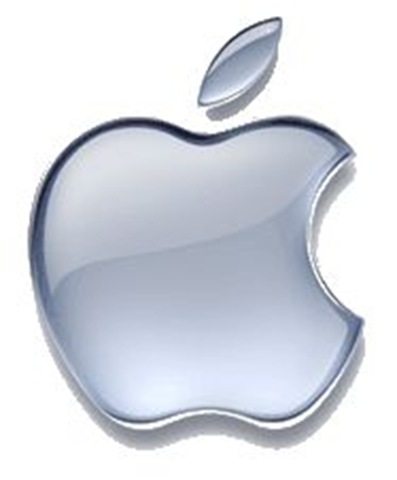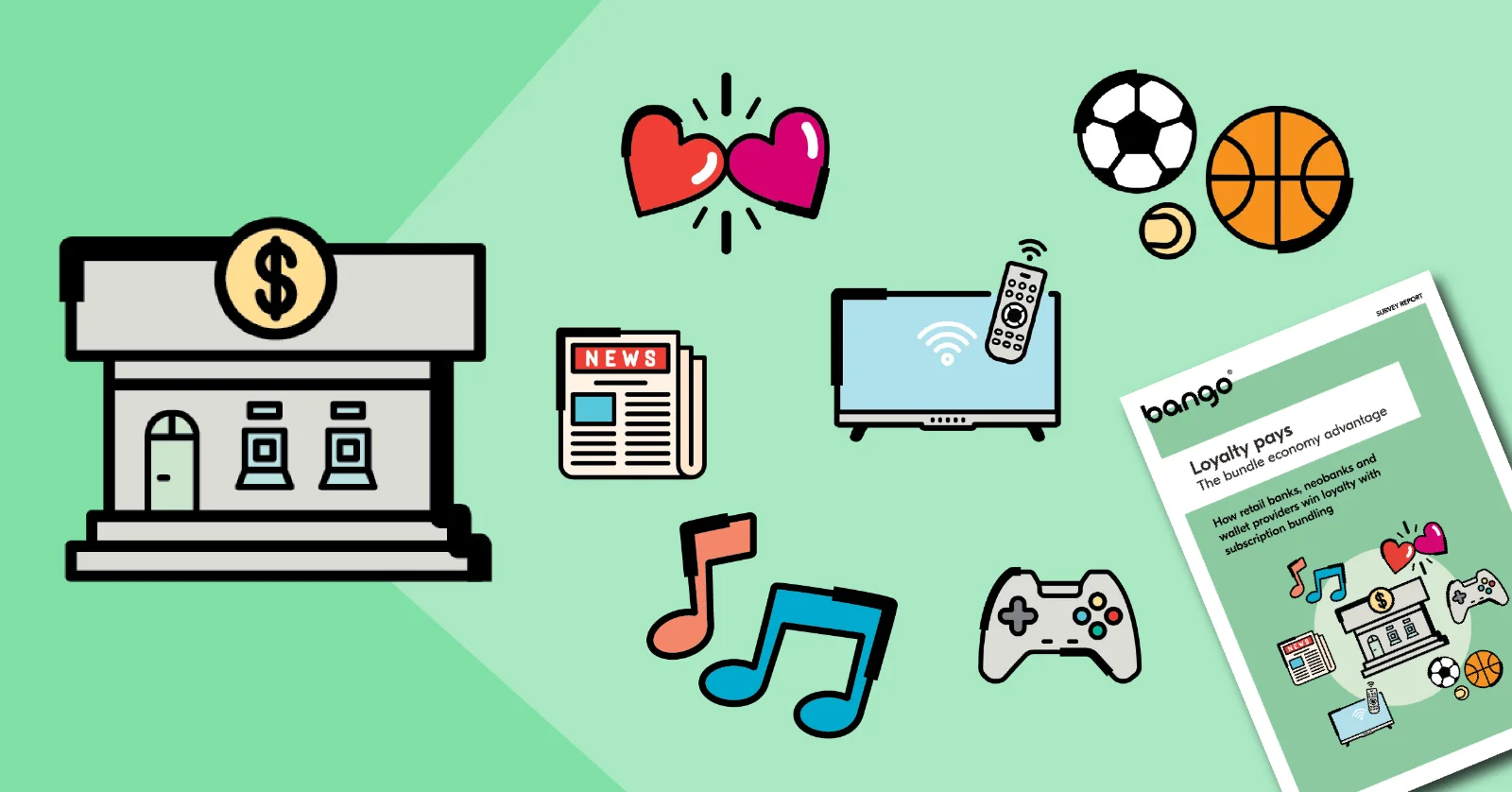Is Apple going soft?
by Sukey Miller

Why are they relaxing their policies?
It has long been the understanding that Apple wants every single slice of the pie. Their devices are so closed that the only way to get anything is via their all conquering app store. Everything from music, movies and the latest TV shows to humble ring tones need to be paid for and downloaded through their store. To enforce this, the browser physically prevents downloads of anything more complex than pictures.
Given the success of the iPhone, iPod Touch and decent initial sales of the iPad, this is not a bad situation for Apple to be in. Taking a bite out of each sale is pretty good and presents a fundamental change to the way consumers purchase. It effectively removes the need for traditional stores and online merchants and replaces them with a single massive store. But that does present a threat to all those brands that have worked hard to become the place consumers go to buy.
But things seem to have changed and we are now seeing Apple back off and begin to open things up. Proof in point is the new iBook app on the iPad. It comes with a separate, totally new store crammed full of lovely digital books. So far very Apple, it looks good, is simple to use and ensures Apple gets their portion.
But right alongside the new iBook app is the new Amazon Kindle app. It too can be downloaded for free to your iPhone, iPod Touch or iPad and allows books to be purchased right from the Kindle Store and loaded directly into the Kindle app. The transaction is performed directly between Amazon and the customer with no App Store involvement. It is a very different Apple that allows payments to be made for digital content outside of the App Store. If you are wondering where that leaves Kindle devices, well if we assume that Amazon is all about selling books, rather than building hardware, then the move makes perfect sense.
More proof that Apple has changed comes from the latest New York Times app which allows readers to pay for a single edition or subscribe to receive the paper daily. Again the consumer downloads their paper and the payment is direct to the NYT, not through the Apple App Store.
But is this new open approach just confined to big brands like Amazon and the New York Times? It appears not. This change is far more widespread – take Flirtomatic, a smaller, mobile specific company. Their customers can make purchases on their iPhone with carrier billing, making use of the new in-app billing capabilities of Bango Payment.
So what is Apple doing? One would hope that as iPhones and iPads gain stronger market success there is less pressure on Apple to own and control everything. A new phase of increased openness that encourages rapid innovation and adoption would be a sensible next move for Apple.
![]()
Subscribe to our newsletter
Get the latest subscription bundling news and insights delivered straight to your inbox.




